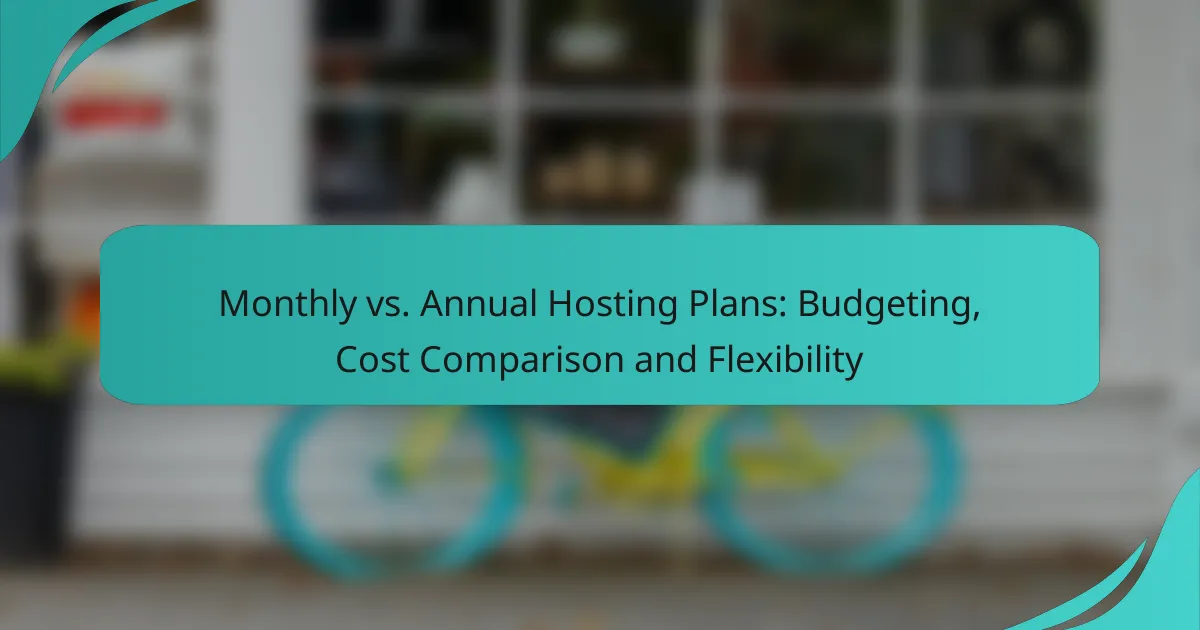For startups in Canada, selecting the right hosting provider is crucial for balancing affordability, performance, and support. Evaluating pricing structures and the value offered is essential to ensure that the chosen service aligns with your business model and budget. By understanding key factors such as server type and customer support, startups can make informed decisions that cater to their specific needs.

What are the best hosting providers for startups in Canada?
For startups in Canada, the best hosting providers offer a balance of affordability, performance, and customer support. Key considerations include pricing, scalability, and the specific needs of your business model.
Bluehost
Bluehost is a popular choice for startups due to its competitive pricing and user-friendly interface. Plans typically start around CAD 3 to CAD 5 per month, making it accessible for new businesses.
It offers a range of features including a free domain for the first year, SSL certificate, and 24/7 customer support. This makes it suitable for startups looking for reliable service without a steep learning curve.
HostGator
HostGator is known for its flexible pricing and robust performance, with plans starting at approximately CAD 2 to CAD 4 per month. This provider is ideal for startups that expect to grow quickly and need scalable options.
HostGator includes features like unmetered bandwidth and a 45-day money-back guarantee, which can be advantageous for startups testing their market fit. Their extensive knowledge base also supports users in troubleshooting common issues.
SiteGround
SiteGround is recognized for its excellent customer service and high uptime rates, with pricing starting around CAD 6 to CAD 10 per month. This makes it a solid option for startups prioritizing reliability and support.
With features like daily backups, free CDN, and enhanced security, SiteGround caters well to startups that need a secure and fast hosting environment. Their managed WordPress hosting is particularly beneficial for those using that platform.

How to assess hosting provider pricing?
To assess hosting provider pricing effectively, consider both the cost structure and the value offered. This involves analyzing monthly versus annual pricing, included features, and services to ensure alignment with your startup’s budget and needs.
Monthly vs. annual pricing
Monthly pricing provides flexibility, allowing startups to pay for hosting on a short-term basis. This can be beneficial for businesses with fluctuating needs or those just starting out, as it minimizes upfront costs.
Annual pricing often offers significant savings, typically ranging from 10% to 30% compared to monthly plans. However, committing to a longer-term contract means you should be confident in your hosting choice and anticipate your needs over the year.
Included features and services
When evaluating hosting provider pricing, carefully review the features and services included in each plan. Essential elements may include storage capacity, bandwidth limits, security measures, and customer support options.
Some providers may offer additional perks like free domain registration, SSL certificates, or backup services. Weigh these offerings against your startup’s requirements to determine the true value of each hosting option.

What factors influence hosting provider costs?
Hosting provider costs are influenced by several key factors, including server type, performance, and customer support options. Understanding these elements can help startups align their budgets with their hosting needs effectively.
Server type and performance
The type of server you choose significantly impacts hosting costs. Shared hosting is typically the most affordable option, often ranging from $3 to $10 per month, but it may not provide the performance needed for high-traffic sites. In contrast, dedicated servers can cost from $100 to several hundred dollars monthly, offering superior performance and resources.
Performance metrics such as uptime, speed, and scalability are critical to consider. Look for providers that guarantee at least 99.9% uptime and offer scalable options that can grow with your business. This ensures that as your startup expands, your hosting solution can adapt without requiring a complete overhaul.
Customer support options
Customer support is another vital factor that can affect hosting costs. Providers offering 24/7 support, live chat, and phone assistance may charge higher fees, but this can be invaluable for startups needing immediate help. Basic support might only be available during business hours and could lead to delays in resolving issues.
Evaluate the support channels available and consider your startup’s specific needs. If you anticipate needing frequent assistance, investing in a hosting plan with robust support options can save time and prevent potential revenue loss due to downtime.

How to align hosting costs with startup budgets?
To align hosting costs with startup budgets, it’s crucial to establish a clear budget range based on your business needs and expected growth. This ensures that you select a hosting provider that offers the necessary services without overspending.
Setting a budget range
Start by evaluating your startup’s financial situation and determining how much you can allocate for hosting services. A common range for small startups might be between $10 to $50 per month, depending on the required features and expected traffic.
Consider both initial costs and potential scalability. For instance, if you anticipate rapid growth, opting for a slightly higher monthly fee might provide the flexibility needed for increased resources later on.
Evaluating ROI on hosting services
Assessing the return on investment (ROI) for hosting services involves comparing the costs against the benefits they provide. Look for features such as uptime guarantees, customer support, and scalability options that can enhance your business operations.
Calculate potential revenue generated from improved website performance and reliability. For example, if a faster website increases conversion rates by even a small percentage, the additional revenue can justify higher hosting costs.

What are common pricing models for hosting services?
Common pricing models for hosting services include shared hosting, VPS hosting, dedicated hosting, and cloud hosting. Each model varies in cost, performance, and resource allocation, making it essential for startups to assess their specific needs and budget constraints.
Shared hosting pricing
Shared hosting is typically the most affordable option, with prices ranging from around $3 to $10 per month. This model involves multiple websites sharing the same server resources, which keeps costs low but can affect performance during peak traffic times.
When considering shared hosting, startups should evaluate the provider’s uptime guarantees and customer support. While this option is budget-friendly, it may not be suitable for sites with high traffic or specific resource needs.
VPS hosting pricing
VPS (Virtual Private Server) hosting offers a middle ground between shared and dedicated hosting, with prices generally ranging from $20 to $100 per month. This model provides dedicated resources within a virtualized environment, allowing for better performance and customization compared to shared hosting.
Startups should consider VPS hosting if they expect moderate traffic or require specific software configurations. While more expensive than shared hosting, the improved performance and control can justify the higher cost for growing businesses.

What are the benefits of choosing a local hosting provider?
Selecting a local hosting provider offers several advantages, particularly in terms of performance and support. Local providers often deliver faster service and more personalized customer care, which can be crucial for startups looking to establish a strong online presence.
Faster load times for Canadian users
Local hosting providers can significantly enhance load times for Canadian users by minimizing latency. When servers are located within Canada, data travels shorter distances, resulting in quicker access to websites.
This speed is essential for user experience, as studies suggest that even a one-second delay can lead to higher bounce rates. For startups, ensuring fast load times can improve engagement and retention, ultimately contributing to better conversion rates.
Local customer support
Choosing a local hosting provider means you can access customer support that understands the specific needs and challenges of Canadian businesses. This support is often available in real-time, allowing for quicker resolutions to issues.
Additionally, local providers are more likely to offer support in both English and French, catering to the diverse linguistic landscape of Canada. This can enhance communication and ensure that your startup receives the assistance it needs without language barriers.










